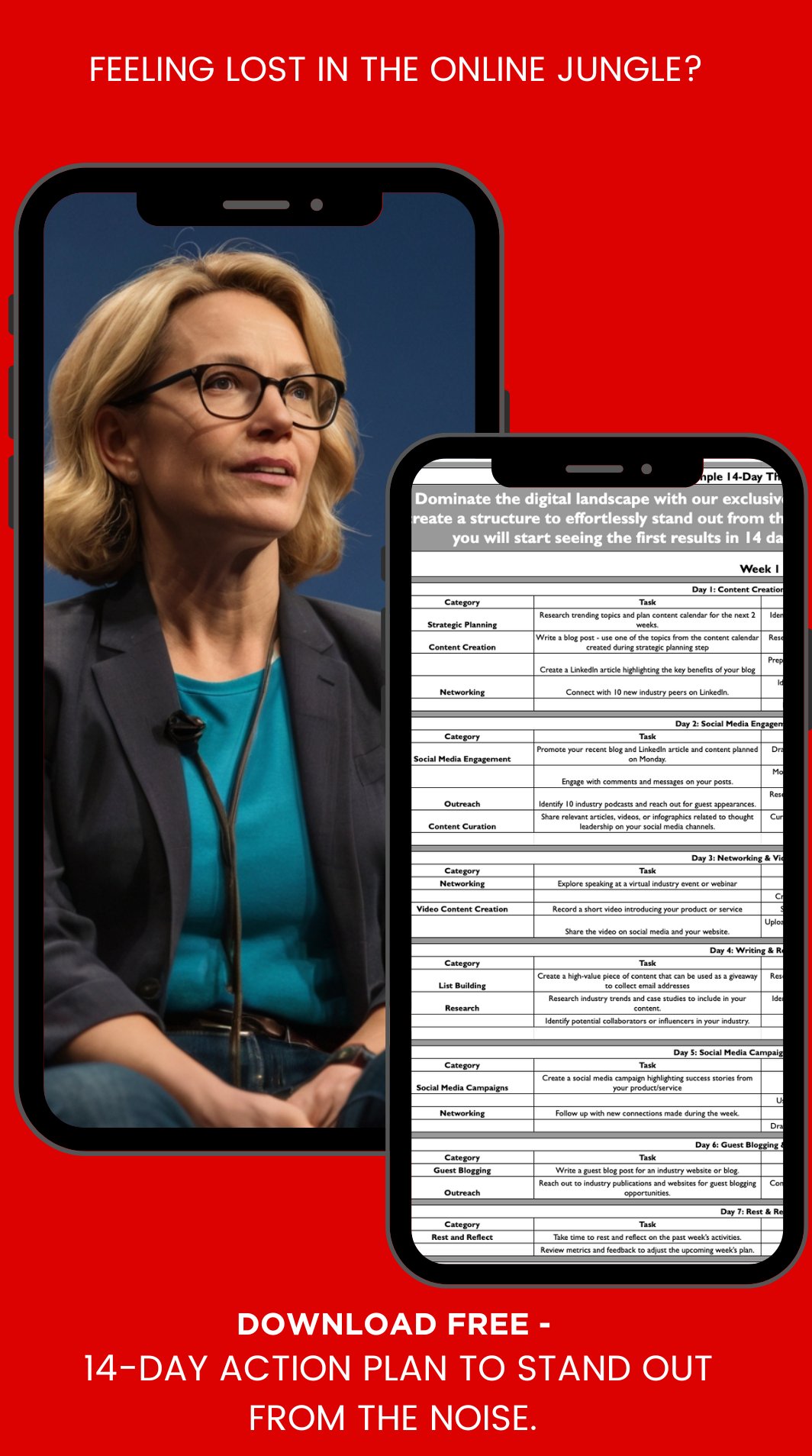When people ask me what I do, I frequently tell them that I have three jobs: I run a digital marketing company, I lead a world-class accelerator program in Seattle and I raise two beautiful children. The next question is always:”How do you do it?”
It is a very valid question. As I continue to grow my career, my time becomes even more limited. If I wanted to grow more, I needed to make significant changes to how I managed my time.
I’ve started by asking a question: How do successful people accomplish so much? They have the same amount of time in the day, yet they seem to produce great results and have time left for hobbies.
I’ve embarked on a study of successful people. People I met both personally and online. As a result of my conversations and observations, I’ve noticed a couple of trends.
We hear these phrases all the time: “I do not have time to exercise”, or “I do not have time to blog”, or “I do not have time to create a new program, service, etc.”
I have to admit: I used to make these excuses myself… a lot… and I still do (occasionally). It took me a while to realize, that it was really not a matter of not having time.
Successful people had the same amount of time in the day, yet they were able to achieve amazing results. They were laser-focused on high priority items that will deliver top results in the shortest amount of time. They use every moment of their day in the most efficient way.
Therefore, the actual problem is not time, but rather a direct result of one of these:
a) not prioritizing the item high enough;
b) not being willing to invest time and effort to do it;
c) having no motivation to do it;
d) being distracted by other things, quite frequently less important ones.
To find more time in my day, I start by asking myself three questions:
- Is important? Specifically, will it support my long-term goals.
- If it is important, is it urgent?
- Do I have the skills to do it myself or should I delegate?
Based on these three criteria, I can make a decision on whether to do something or not. I do not have a lot of free time to just add extra activities into my life. Therefore, I choose to restructure my priorities to eliminate some of the less important tasks. I always adhere to these simple principles:
Table of Contents
ToggleCreate repeatable processes
I establish repeatable routines and processes in my day. These ensure that I allocated time in my day to regularly re-evaluate priorities, complete high important tasks and find time to continue learning. For example, I have a Priority Setting Hour at 6 am and a Learning Hour at 9 pm every day. Yes, I slip every once in a while and sleep in the morning instead of prioritizing my day and choose to watch a TV show instead of learning. Having these processes programmed in my calendar ensures that every time I slip, I can get back to the routine as fast as I can.
Make changes to the routine
Not every process I try works, I spend time constantly evaluating if it works or not. If the routine is not working perfectly, I keep tweaking it. The learning hour may not work for you or you may be more productive learning in the mornings not in the evenings. Figuring out the most effective way of spending time is always a top priority for me.
Automate simple tasks
I look for technology that can make me more efficient. It helps me integrate challenging tasks into my daily routines. For example, I’ve struggled with integrating time to write into my processed. While WriteTech2015 conference, I learned about Dragon Naturally speaking. This product converts speech into text. Now I can walk and write at the same time.
De-prioritize non-essential activities
I once heard from Lisa Nichols: “No” is a complete sentence”. I took me a while, but I have learned to say “no” to others. Most importantly, I have learned to say “no” to myself. We spend a lot more mental energy dreading the task than actually doing it. Making a conscience choice not to do something frees up the mental energy. We waste a lot of mental energy! Read more about ways to stop negative thinking.
Get things out of your head
Ever stayed up all night with thoughts and ideas swirling through your head? I used to stay away all night creating the brilliant word domination plan. I would spend a lot of energy trying to remember the details just to fall asleep at 6 in the morning with alarm going off at 6:30. I then spent the rest of my day wondering how I could have forgotten my amazing plan in just 30 min? Now I just have the equipment to get it out of my head immediately. I have Everenote installed and synced on all of my devices, therefore, I am alway just one step away from being able to capture my plans.
I would love to hear your ideas on the best ways to stay organized and productive.









